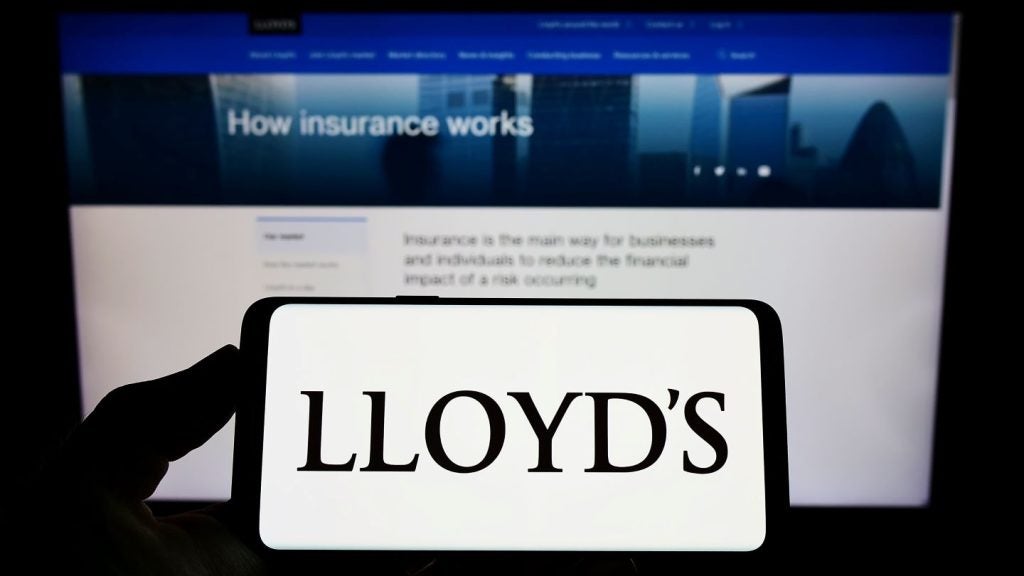
The rising cost of insurance driven by inflation is the single biggest reason for customers cancelling or not renewing policies, a new report details.
Citing data from the company’s 2024 Emerging Trends Insurance Consumer Survey, GlobalData’s Inflation in Insurance report states that nearly half (49.5%) of all respondents who had cancelled or not renewed motor insurance indicated that it was as a direct result of the cost-of-living crisis. Indeed, of seven types of insurance surveyed, all are being cancelled or not renewed as a direct result of inflation by 45% of departing customers.
The impact of this is stark in terms of of actual cancellations, with over a quarter (25.2%) of policyholders globally having cancelled motor insurance in the past 12 months, 19.6% home contents/renters insurance, 18.2% personal private medical insurance, 18% home building/combined insurance for a primary residence, 16.3% life insurance, 15.8% travel insurance and 12.9% pet insurance.
These points align with the finding that 67.5% of consumers prioritise price over all other factors when choosing insurance. Level of cover (55.1%), brand reputation (42.7%) and easy to understand policy wording (38.8%) are the next most prioritised factors.
Insurance inflation impacts
Such has been the impact of the cost-of-living crisis, GlobalData found that more than one in seven (14.6%) insurance customers globally have fallen behind on their payments in the last 12 months.
“This issue is most pronounced in South Africa (22.5%), the US (21.5%) and Mexico (20.5%), where economic pressures and premium increases have intensified affordability challenges,” the report says. “In contrast, countries like China (5.4%), the UK (9.2%) and Italy (9.9%) report lower rates of missed payments, potentially due to economic stability, government interventions, or flexible payment options offered by insurers.”
Also suggested as interventions aimed at strengthening retention are the provision of value-added services like bundled coverage and targeted communication aimed at addressing consumer concerns. Certainly, these are necessary, with large swathes of customers globally considering cancelling policies or switching providers.
Travel insurance is most precarious, with nearly one in five (19%) of respondents to GlobalData’s survey indicating that they are considering cancelling their policies and around a further quarter (24%) considering switching provider. For life insurance, 12.2% are considering cancelling and 21.4% considering switching. Of the seven insurance types surveyed, motor insurance had the lowest proportion (8.2%) considering cancellation but the highest considering switching (32%) due to the typical necessity of the cover for customers.
On this point, the report notes that many consumers are relying on credit to pay for cover that they feel they need to maintain. In the UK, it found that many policyholders are using premium credit for ongoing policies like pet insurance (19.5%) and home insurance (12.8%), while on-off payments are often made by credit card, such as with travel insurance (34.2%) and motor insurance (29.2%).
“The reliance on premium financing and direct debits highlights how inflation has tightened household budgets, forcing consumers to find flexible solutions to maintain coverage,” the report says. “Insurers can respond by expanding flexible payment options, such as instalment plans, to meet these evolving consumer needs. Offering alternative methods, like PayPal or credit card-based monthly payments, could further cater to customers seeking to balance affordability with essential coverage.”








